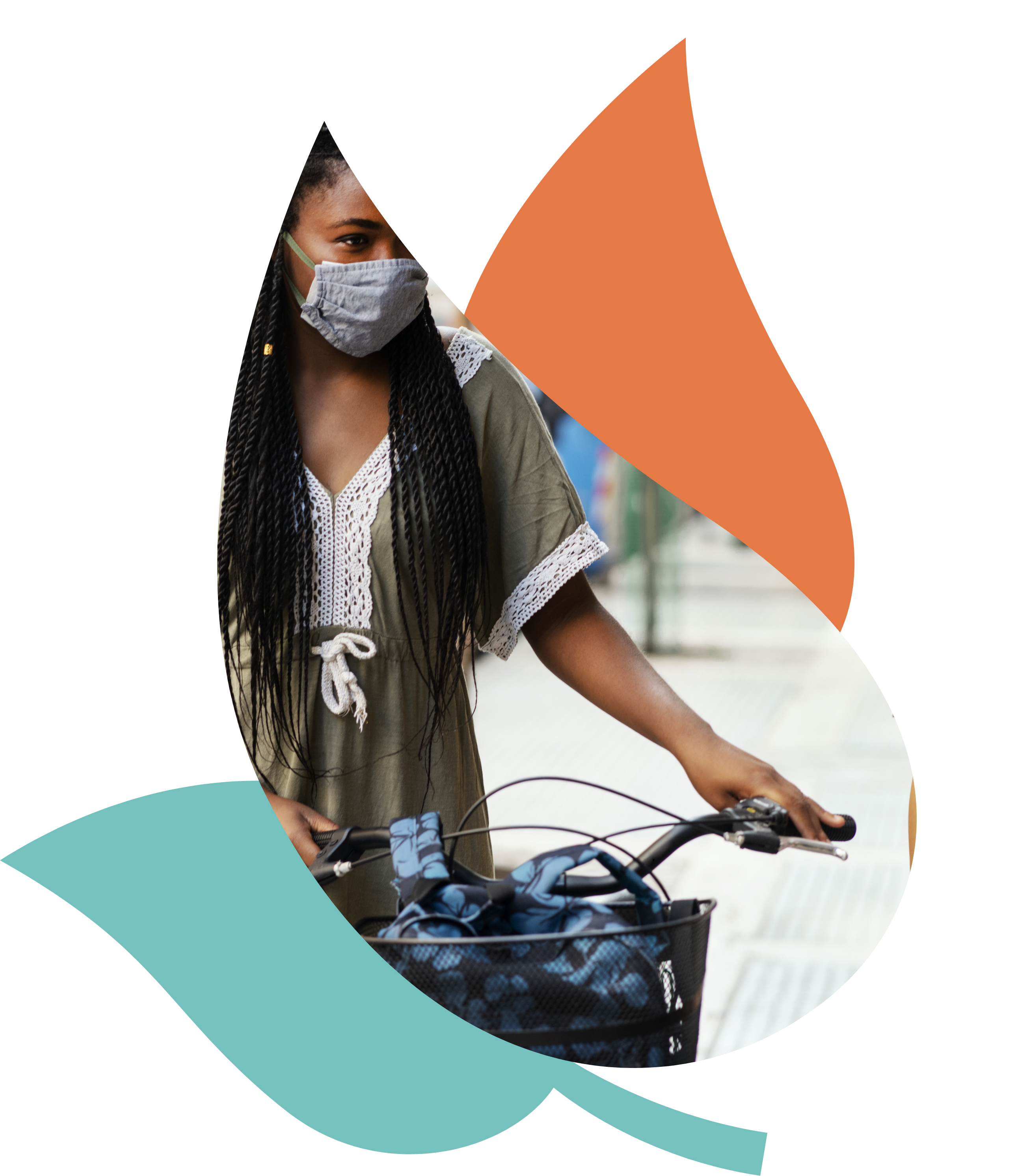Research line 8: Sustainable mobility
Post-lockdown sustainable mobilities – centering cycling and walking.

This research line investigates how a more sustainable transport system can be achieved in the context of the Green Deal by examining how to promote changes in individual behaviour towards more sustainable mobility.
The focus is on how more sustainable transport practices can be both facilitated and hindered by disruptive events such as the Covid-19 pandemic, understood as an ambivalent driver.
Research approach
The research will draw on theory and methods from gender studies, sociology, psychology, economic sciences, urban/city-planning, human geography, science and technology studies and political science. Six case studies will be implemented, in Greece, Italy, Norway, Portugal, Romania and Sweden.
Research cycle #1
May 2022 – April 2023
Narratives will address the met/unmet transport needs of individuals, groups, and families in socially diverse urban/suburban areas. Three small or medium-sized cities and three large cities with a territorial mobility plan prioritising effective public transport and/or walking /cycling policies will be selected. The expected outputs of this cycle include:
- 60 narrative summaries,
- 6 country level reports,
- a consolidated research line report.
Research Cycle #2
April 2023 – January 2025
Experimental studies will be implemented and will include documentary longitudinal analysis of mobility policies, involvement of key informants through discussion groups and one-to-one interviews, and direct observation of the inclusion of vulnerable actors in mobility-related innovations. The expected outputs of this cycle are:
- a report on key findings,
- a report on interdependencies and best strategies.
Expected impacts
Overall, the research line will:
- provide a broadly inclusive overview, both from an interdisciplinary perspective and in terms of the wide range of actors in the mobility ecosystem that will be involved;
- analyse the ambivalent nature of the Covid-19 pandemic, with a reduction in public transport use encouraging walking and cycling, while pushing for
a potentially persistent “return to cars”; - examine how economically disadvantaged social groups are affected by this shift;
- determine whether gender factors also play a role, in relation to multiple care responsibilities;
- establish connections with existing bottom-up initiatives addressing the theme of post-lockdown transport choices across EU and beyond – and thereby contribute with knowledge on how to achieve a more inclusive and sustainable transport system within the context of the Green Deal.
Newsletter
Keep up to date with the latest project news, developments, and results.
